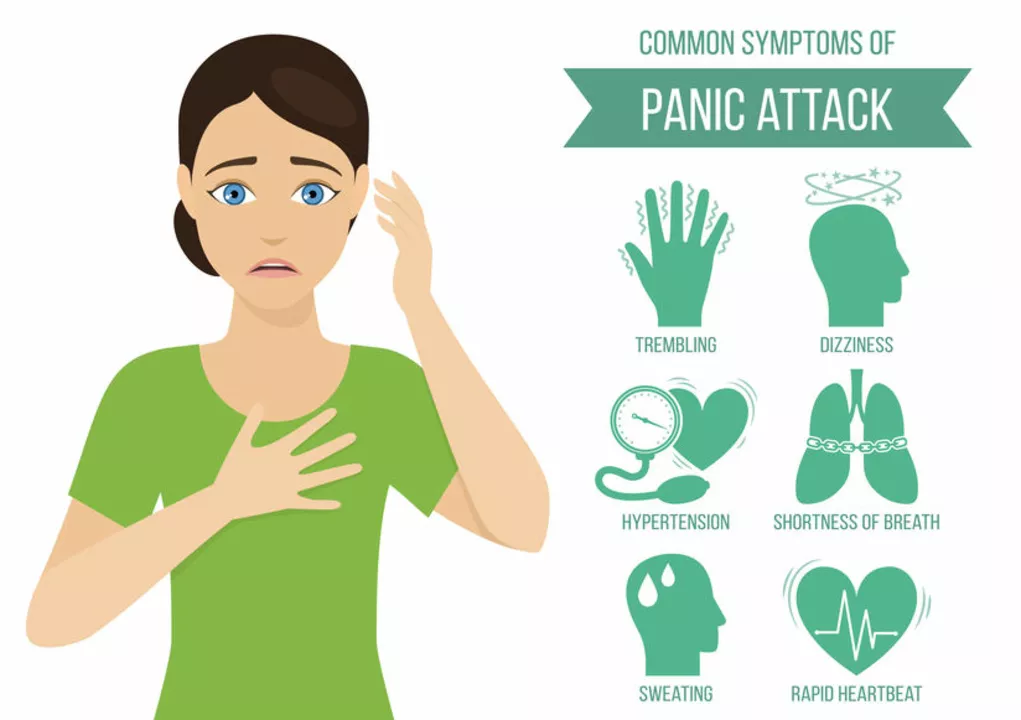Nebivolol: a practical, no-nonsense guide
If your blood pressure meds make you feel drained or you’re curious about newer beta-blockers, nebivolol is worth a look. It’s a modern beta-blocker used mainly for high blood pressure and sometimes heart issues. Compared with older drugs in the class, nebivolol can cause less fatigue and may help widen blood vessels through nitric oxide – that’s why some people tolerate it better.
How nebivolol works and who usually gets it
Nebivolol blocks beta-1 receptors in the heart so your heart beats more slowly and with less force, lowering blood pressure. It also has a mild vasodilating effect (it helps blood vessels relax), which can reduce the dose needed and lower some side effects. Doctors most often prescribe it for essential hypertension. In some cases they use it for heart failure or after heart events, but that depends on your medical team.
It tends to be chosen for people who had trouble with older beta-blockers — for example, if they felt too tired or experienced sexual side effects. Still, it’s not right for everyone: people with severe asthma, certain conduction problems, or very low heart rates usually avoid beta-blockers.
Practical tips: dosing, side effects, interactions, and safety
Typical starting dose is 5 mg once daily for adults. Your doctor may lower it to 2.5 mg or raise it to 10 mg depending on response and side effects. Take it the same time every day. If you’re older, have kidney or liver problems, or take other heart meds, your provider may start lower and watch you more closely.
Common side effects: tiredness, headache, dizziness, slow heartbeat, and sometimes stomach upset. Serious problems are uncommon but include pronounced bradycardia (very slow pulse), fainting, and breathing trouble in people with reactive airway disease. Don’t stop nebivolol suddenly — tapering is important to avoid rebound high blood pressure or fast heart rhythms.
Watch for drug interactions. Strong CYP2D6 inhibitors (certain antidepressants and heart meds) can raise nebivolol levels. Combining nebivolol with other blood-pressure drugs can cause low blood pressure. If you use erectile dysfunction drugs, the combo is usually okay but can lower blood pressure—start with low doses and check how you feel.
Before you start: check your pulse and blood pressure so you and your doctor have a baseline. If you feel faint, very slow, or the drug makes breathing worse, call your provider. Pregnant or breastfeeding? Ask your doctor — beta-blockers need careful consideration in pregnancy.
Thinking of buying nebivolol online? Never skip a prescription. Use licensed pharmacies, confirm a prescription is required, and check reviews and regulatory seals. If a deal looks too good or a site ships without a prescription, walk away. Cheap isn’t worth the risk when it comes to heart meds.
If you want a quick checklist to take to your next appointment: current blood pressure and heart rate, a list of all medicines and supplements, any breathing issues, and how previous blood pressure medicines affected your energy or sex life. That info helps your doctor decide if nebivolol fits your needs.
Nebivolol for Panic Attacks: Can It Help Prevent Episodes?
- Robin Tudge
- May 6, 2023
- 7 Comments
I recently came across an interesting topic about Nebivolol, a medication typically used for treating high blood pressure, and its potential role in preventing panic attacks. It's fascinating to see how this drug could potentially provide relief for those suffering from anxiety and panic disorders. From what I've read, Nebivolol seems to have a unique mechanism of action that might help reduce the frequency and intensity of panic episodes. Although more research is needed to confirm these findings, it's definitely a topic worth keeping an eye on. It's encouraging to see different treatment options being explored for people struggling with panic attacks and anxiety.
read more
